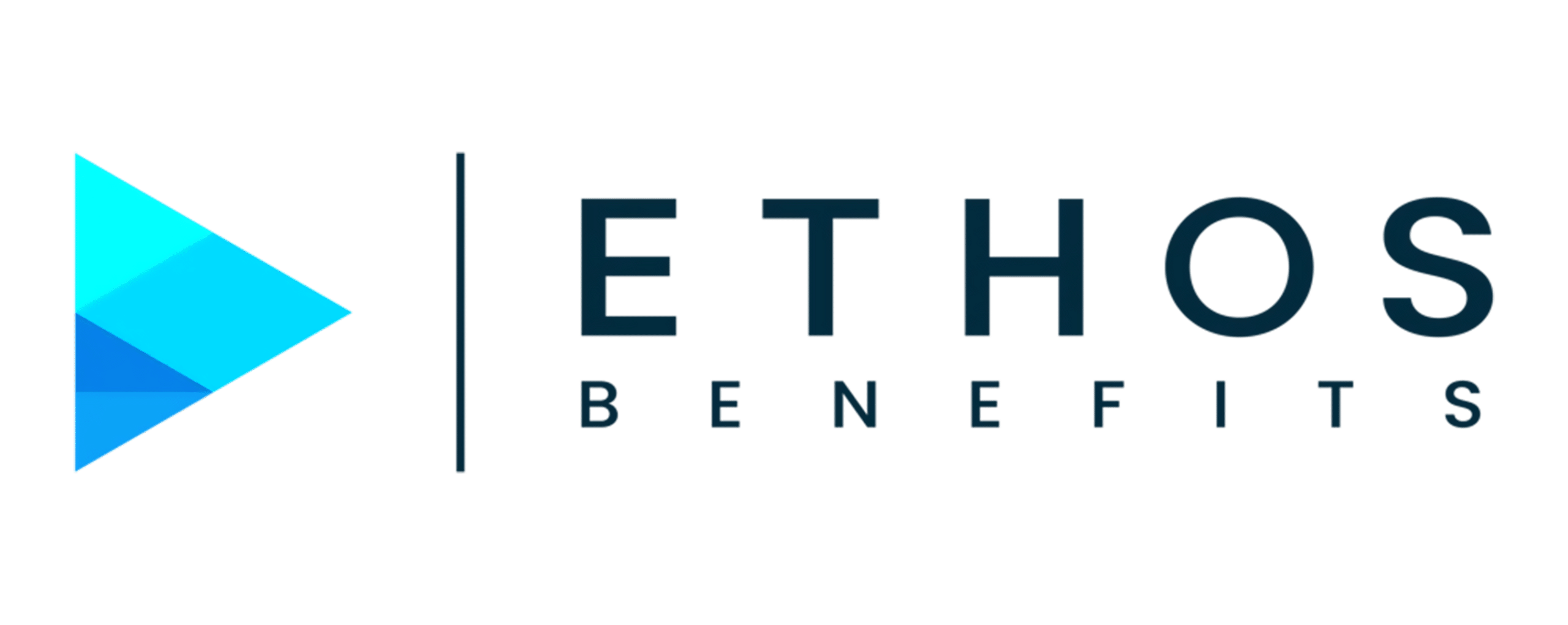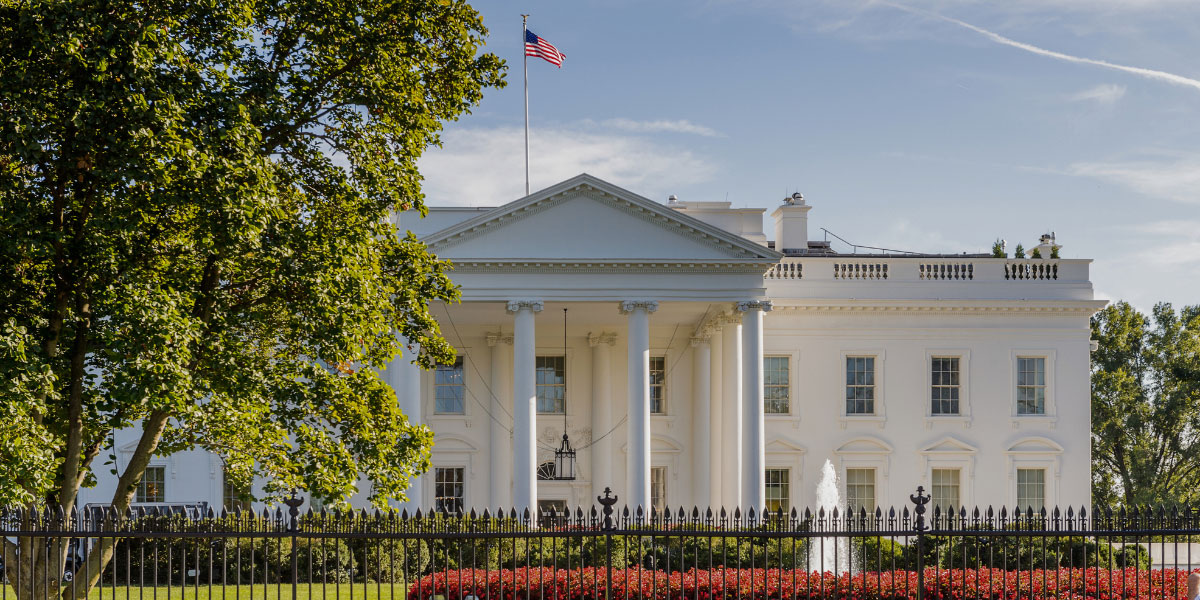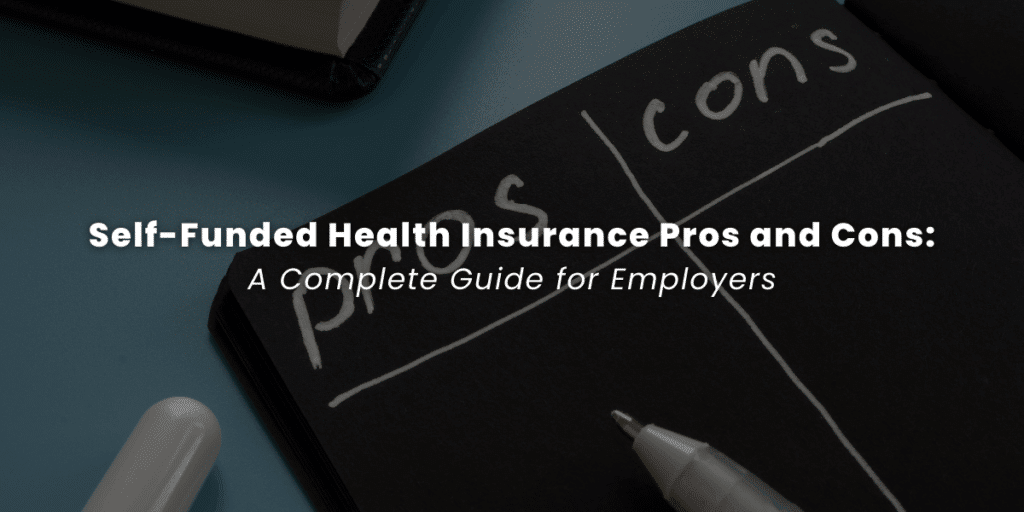Between the recent Healthcare Super Bowl commercial, Mark Cuban interviews, and celebrity endorsements, Healthcare Transparency remains a hot topic and will continue to be so for the foreseeable future.
Another prominent figure has re-entered the conversation, prompted by the recent State of the Union address. President Biden updated the nation on a few changes he is pursuing on behalf of Healthcare Transparency. Like Mark Cuban and many other celebrities, President Biden has taken a bold stance against the opaque and often controversial practices of Pharmacy Benefit Managers (PBMs). With a vision for a more transparent and affordable healthcare system, Biden’s administration is actively challenging the influence and practices of PBMs to benefit both consumers and the overall healthcare landscape.
The PBM Puzzle
Pharmacy Benefit Managers play a pivotal role in the healthcare ecosystem, acting as intermediaries between insurers, pharmaceutical companies, and pharmacies. However, concerns have arisen about their impact on prescription drug costs, with accusations of hidden fees, rebate negotiations lacking transparency, and conflicts of interest.
Biden's Approach
President Biden’s healthcare agenda includes addressing the challenges posed by PBMs, aiming to enhance transparency, reduce drug costs, and ensure fair practices within the pharmaceutical supply chain. The administration is committed to making healthcare more accessible and affordable for all Americans.
- Transparency and Disclosure: A key component of Biden’s strategy is to compel PBMs to provide clearer information about their operations and financial dealings. This includes shedding light on the often convoluted rebate system and ensuring that the discounts negotiated by PBMs benefit the end consumers.
- Lowering Drug Prices: President Biden is pushing for legislative reforms that directly impact drug pricing. By confronting the influence of PBMs, the administration aims to create a more competitive environment where the savings achieved through negotiations are passed on to patients, resulting in lower out-of-pocket expenses.
- Boosting Competition: To counter the monopolistic tendencies within the PBM industry, the Biden administration is exploring ways to enhance competition. By promoting fair competition among PBMs and encouraging the entry of new players, the goal is to prevent anti-competitive practices and foster a healthier pharmaceutical market.
- Strengthening Medicare: The Biden administration is also looking to strengthen Medicare’s ability to negotiate drug prices directly with pharmaceutical companies. This move could significantly impact PBMs, as it seeks to eliminate unnecessary intermediaries and ensure that the savings are directly passed on to Medicare beneficiaries.
Conclusion
Through Healthcare Transparency, lower drug prices, increased competition, and a more robust Medicare system, the administration is paving the way for a healthcare landscape prioritizing affordability, accessibility, and fairness. As these initiatives unfold, the nation eagerly watches the evolution of healthcare under Biden’s leadership, anticipating positive changes that will resonate with citizens nationwide. It is important to note that this is a bipartisan issue for all Americans to stand to gain.






